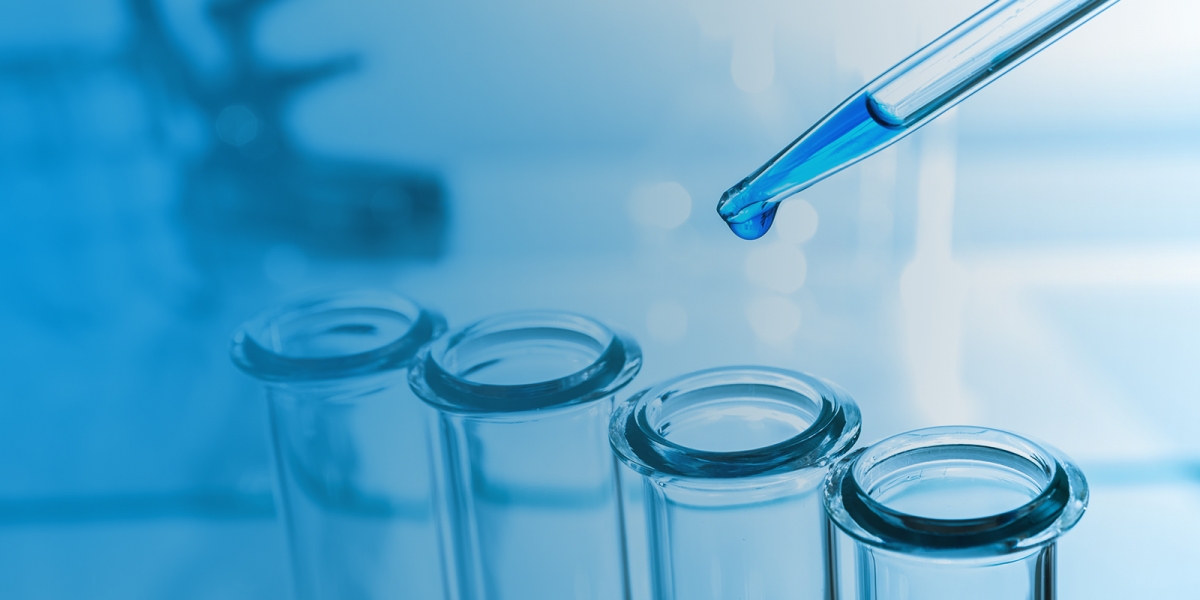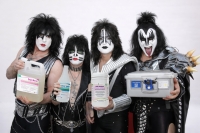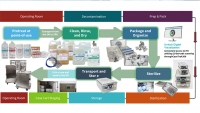Time to Figure Out a Better Way Forward

Every day seems to bring a new natural disaster or calamity, wildfires burning up New Mexico, local reservoirs drained to their lowest levels ever after weeks of drought, extreme weather, flooding and landslides around the globe, can it get any worse? In a word, YES, yes it can if we don’t also stop poisoning ourselves with chemicals and products toxic to both humans and the environment.
Microbial and organic contaminants cannot always be detected by human senses. You might go years before realizing a problem exists. Many folks never become suspicious until people in the community start to get sick.
Toxic contaminants in our water supply may be naturally occurring or man-made. Some examples of chemical contaminants include nitrogen, bleach, salts, pesticides, metals, toxins produced by bacteria, and human or animal drugs. The most concerning contaminants lurking in your tap water can include:
- Lead & Mercury
- Chloramines
- Pesticides
- Herbicides
- Pharmaceuticals
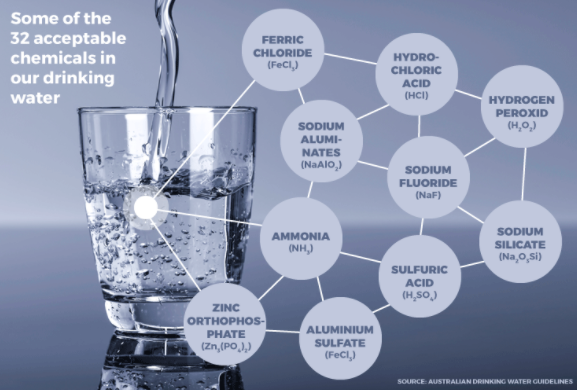
Since 2019, more than 320 toxic substances have been detected in U.S. drinking water systems, according to a new analysis by the Environmental Working Group (EWG), a nonprofit environmental advocacy organization.
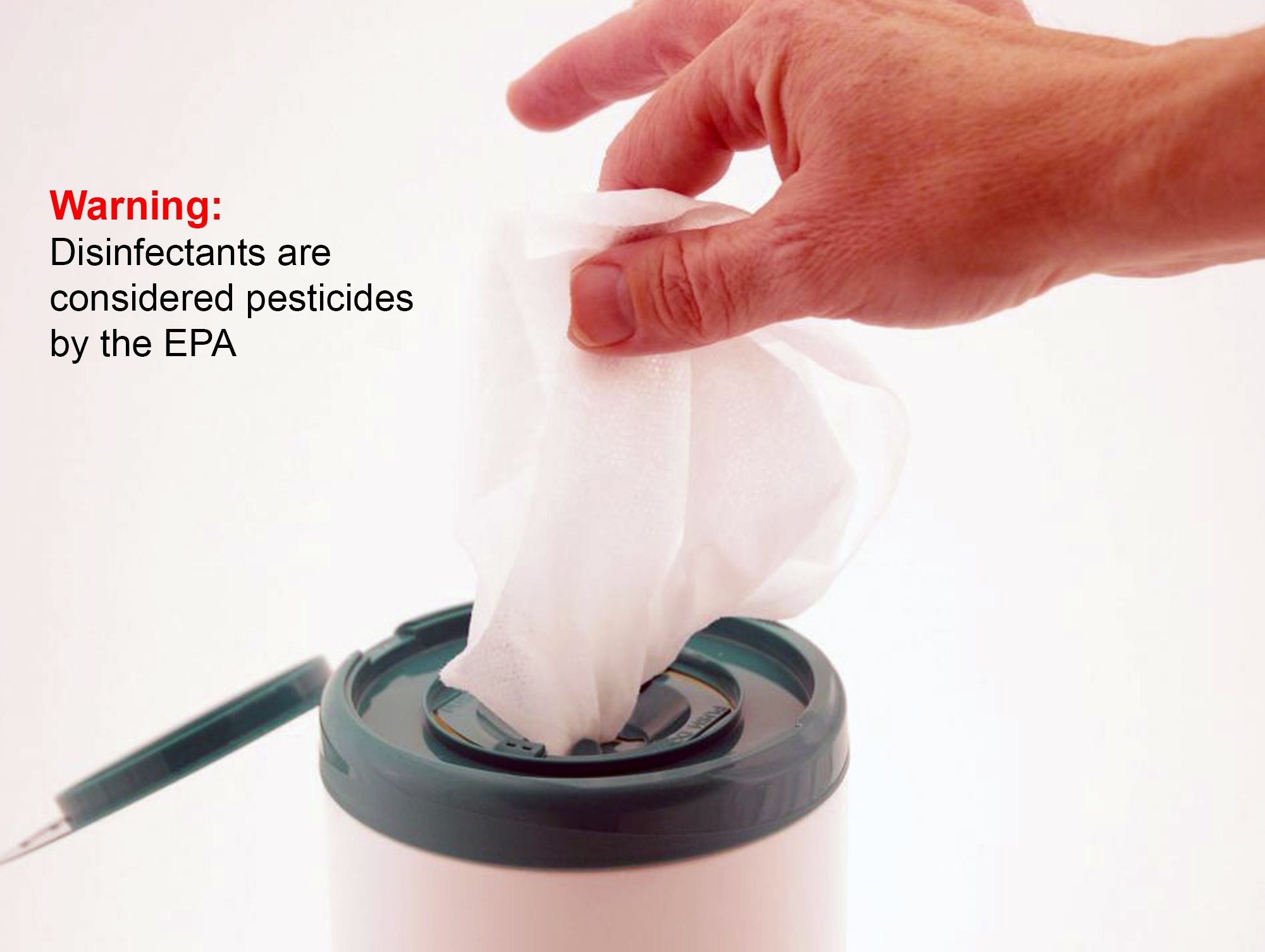
The drinking water contaminants that can have chronic effects include chemicals such as disinfection byproducts, solvents, and pesticides, not even boiling water removes contaminants such as chlorine and lead. Boiling water can only remove some solids and bacteria, meaning it will not remove harmful substances such as chlorine and lead from tap water. Many other toxic byproducts or pesticides are used everyday in healthcare facilities to disinfect medical devices and surfaces. The chemicals from the germicidal wipes used to sanitize and disinfect are rarely rinsed from the surface leaving chemical residue behind, including toxic substances.
The Toxic Substances Control Act, TSCA of 1976 provides EPA with authority to require reporting, record-keeping and testing requirements, and restrictions relating to chemical substances and/or mixtures. There are over 80,000 chemicals on the market in the US, and the Environmental Protection Agency has only banned nine. Further, the EPA doesn't differentiate between toxic and non-toxic chemicals. Bringing innovative alternatives to market is limited to what TSCA has already approved and listed.
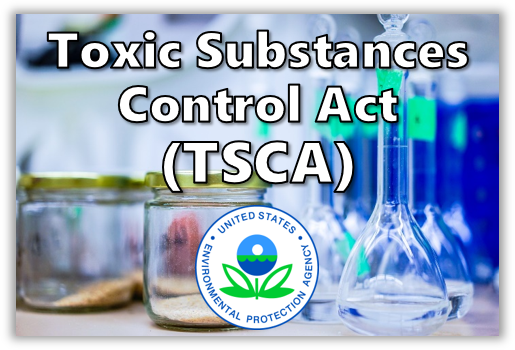
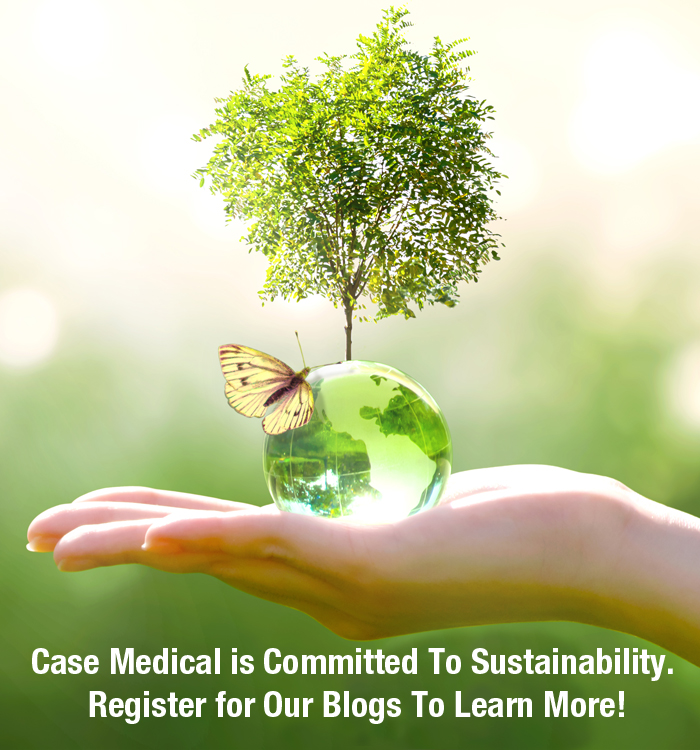
We live on one small planet we call home that has finite resources, like water, air and living things. As a manufacturer of reusable medical devices and environmentally preferred solutions, Case Medical is committed to only producing sustainable, environmentally preferred products for patient care that will not harm the earth. However, we need your help. Unless people are educated and understand the risks involved in using toxic chemicals and materials, we will continue to pollute our water supplies, send toxic chemicals into the air, and risk the health and safety of future generations. Let's understand what's at risk and accept that we are responsible for what we use and what we do.
Kindest Regards,


